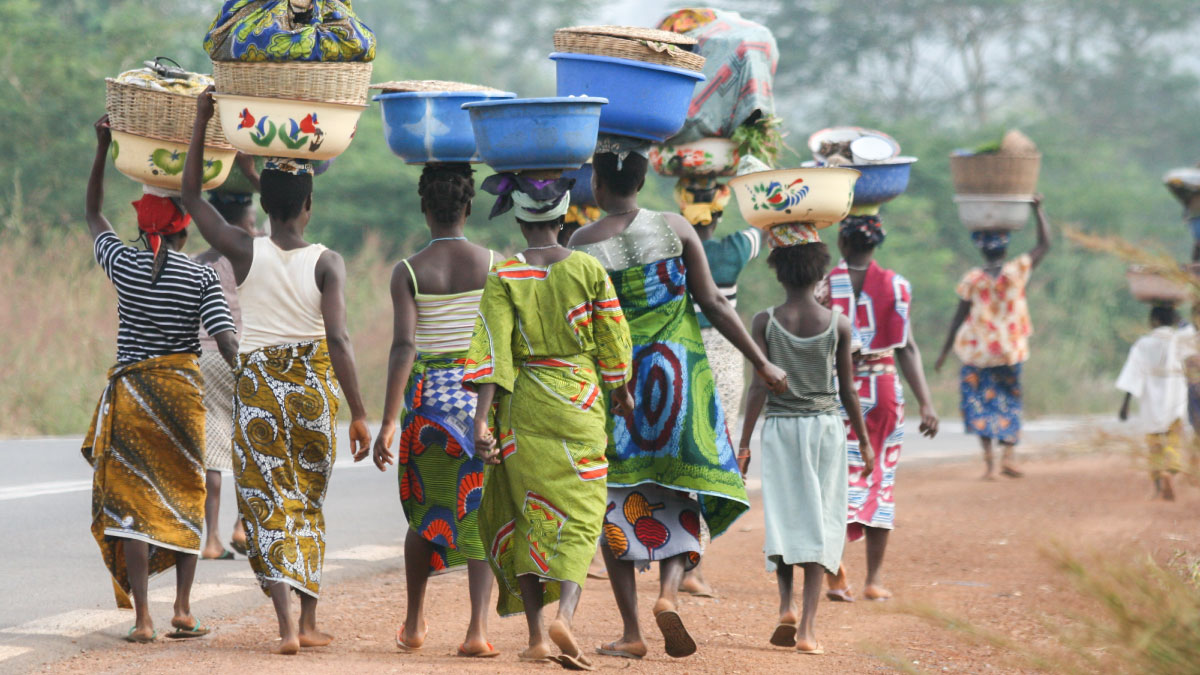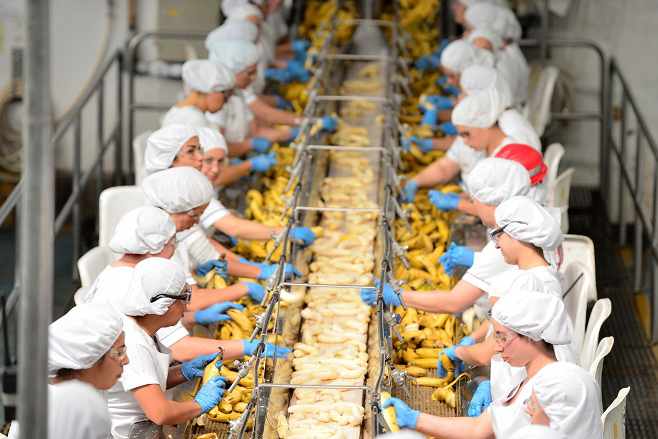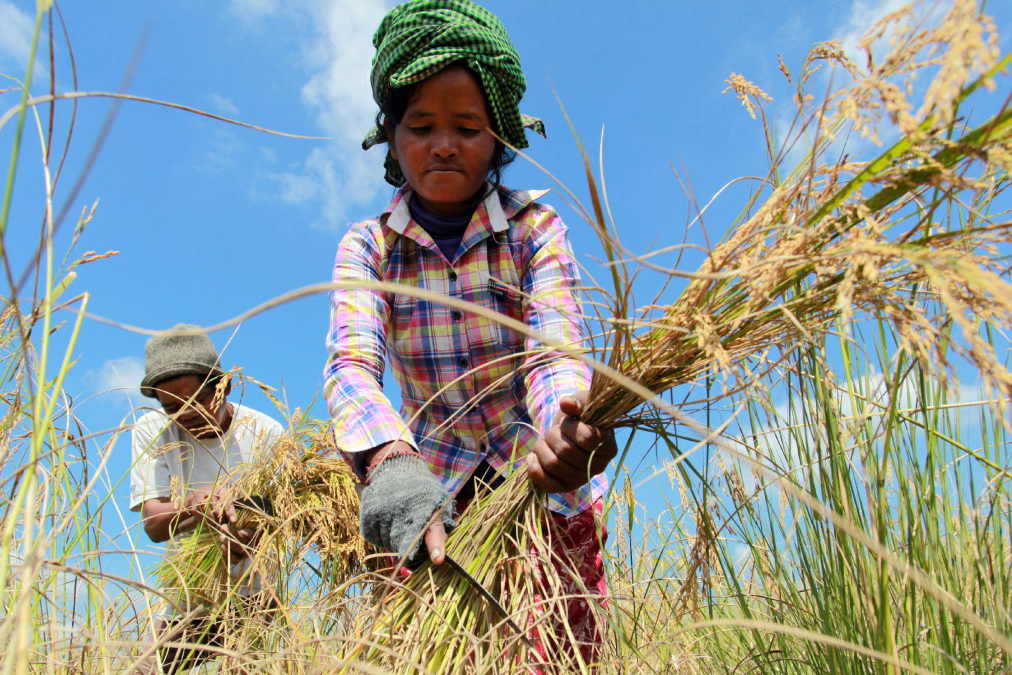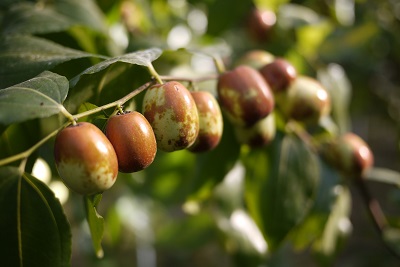Charity Chimphamba, a Malawian small-scale trader, had a thriving business before the COVID-19 pandemic struck. In the wake of COVID-19, Ms. Chimphamba’s revenue fell by 60%, mainly due to higher costs of buying goods through transport companies and sourcing them locally. Ms. Chimphamba was among 131 small-scale cross-border traders, 120 of them women, who attended UNCTAD training workshops held in border towns of Malawi, Tanzania and Zambia in February.
Trade and Commerce
Nearly every business in the world has been affected by COVID-19. While one-fourth of companies saw sales falling 50 percent in October-January from pre-pandemic levels, a third said their sales increased or stayed the same. Capturing the impact of the pandemic on businesses, the World Bank analysis reflects the performance of more than 120,000 firms in over 60 countries. The assessment is expected to help inform recovery efforts. In developing countries, despite government programmes – businesses most affected by the shock – were the least likely to receive government support.
With the help of partners, UNICEF has used blockchain technology to create a fund to raise donations of cryptocurrencies for its work. Beyond financial applications an UNCTAD paper points at blockchain’s potential towards sustainable development. UNCTAD’s Technology and Innovation Report 2021 says frontier technologies such as blockchain could promote development if governments implement policies that maximize their potential benefits, while mitigating harmful outcomes. Otherwise, they could worsen existing inequalities, as has occurred with previous waves of technological change.
As part of their Americas strategies for COVID-19 response and aviation recovery, ICAO has contributed to the development of the new multilateral agreement to liberalize air cargo services in the region. The agreement comes into effect immediately among its ten signatories and establishes expanded traffic rights permitting regional airlines to provide all-cargo services between two other States without restrictions on routes and capacity. The 10 states involved are Brazil, Chile, Dominican Republic, Ecuador, Guatemala, Panama, Paraguay, Peru, Uruguay and Venezuela.
The Trade Facilitation West Africa programme managed by the World Bank focuses on reducing trade barriers for small-scale cross-border traders in West Africa.
The government sees honey as a product that could help diversify the country’s oil-dependent economy and is working with UNCTAD and the European Union to improve production and boost exports. Angola currently produces 90 tons of honey each year, but an UNCTAD analysis showed that Angola’s 100,000 or so beekeepers – mostly small entrepreneurs – could easily more than double production to 200 tons. It’s possible to produce honey in every region.
The International Day of Cooperatives is an annual celebration of the cooperative movement that takes place on the first Saturday of July. The aim of this celebration is to increase awareness of cooperatives, to underscore the contributions of the cooperative movement in resolving the major problems addressed by the United Nations, and to strengthen and extend the partnerships between the international cooperative movement and other actors. Cooperatives for Climate Action was chosen as this year's theme to support Sustainable Development Goal 13 on Climate Action.
ILO has called for urgent and coordinated action to release the 150,000 to 200,000 seafarers trapped on board ships around the world because of measures to contain the COVID-19 virus.
A small business making natural products from jujube and tamarind has kept its doors open and workers safe thanks to the BioTrade principles and criteria for the sustainable commerce of plant and animal-based goods and services adopted before the pandemic. Besides being turned into healthy juices and syrups, the Jujube tree’s red fruit, commonly known as a red or Chinese date, is a key ingredient in traditional medicines. A slight drop in turnover hasn’t put the company’s future in jeopardy, which is important for women’s economic empowerment in the township, as 90% of factory employees are female.
Impact of COVID-19 epidemic hits Indonesia’s small seaweed processors
UNCTAD works with farmers and other local players in Angola’s coffee sector to assess how producers and exporters can better position themselves within the global value chain. The country aims to reclaim its former glory as one of Africa’s top coffee exporters to diversify an economy that has become highly dependent on oil exports. Coffee grown in Angola’s highlands once provided half of its foreign exchange earnings until the nation fell into a decades-long civil war.
UNCTAD features resilience during COVID-19. As doors close, others open as heightened concerns over hygiene restricted cash transactions and pushed more business operations online.
The International Civil Aviation Organization (ICAO) brings attention to new measures aimed at ensuring safe operations during COVID-19, and to a contingency coordination website.
Barbados fishing industry representatives and United Nations agencies have drafted a strategy to increase the value of the island’s tuna exports. If fully implemented, it could dramatically boost revenue from tuna exports, from US$303,000 in 2015 to $7.5 million in 2027. The project – a joint endeavour between UNCTAD, the UN Division for Ocean Affairs and the Law of the Sea, and the UN Food and Agriculture Organization (FAO) – addresses the different aspects of the national fishing industry where improvements are needed to transition from unprocessed to processed tuna exports.
The slowdown of manufacturing in China due to the coronavirus (COVID-19) outbreak is disrupting world trade and could result in a $US50 billion decrease in exports across global value chains, according to estimates published by UNCTAD on 4 March. Because China has become the central manufacturing hub of many global business operations, a slowdown in Chinese production has repercussions for any given country, depending on how reliant its industries are on Chinese suppliers. According to UNCTAD estimates, the most affected sectors include precision instruments, machinery, automotive and communication equipment. Among the most affected economies are the European Union ($15.6 billion), the United States ($5.8 billion) and Japan ($5.2 billion).














